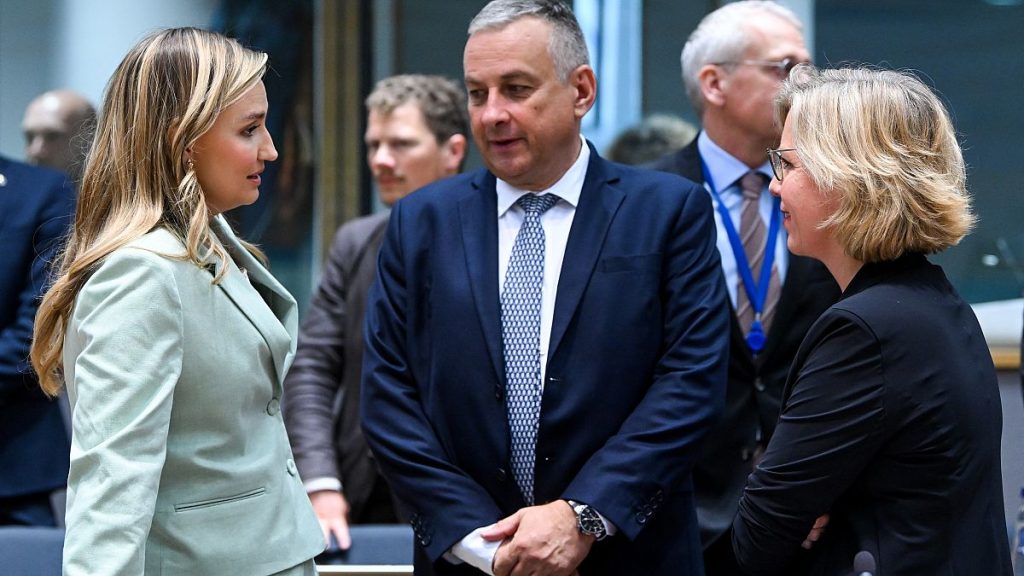Czech trade minister Jozef Sikela has urged EU energy commissioner Kadri Simson and his counterparts in Berlin, Budapest, Bratislava, and Vienna to intensify efforts to reduce the bloc’s reliance on Russian gas. He warned against allowing Russian gas to enter Europe through alternative routes once the current gas transit agreement between Gazprom and Ukraine expires. Sikela emphasized Russia’s history of using energy supplies as a weapon and called for finding alternative suppliers to replace Russian gas.
Sikela proposed using reverse gas flows through the Czech Republic to replace the 40-42 million cubic meters of Russian gas currently passing through Ukraine. He suggested that LNG imports could be a suitable alternative supply and highlighted Germany’s decision to lift storage fees, making his plan more viable. The minister stressed the importance of avoiding the purchase of gas that could potentially be swapped for Russian gas, undermining efforts to reduce dependency on Russian supplies.
The Czech trade ministry pointed out that the EU had made significant progress in decreasing its reliance on Russian gas, reducing it to 8% last year from over two-fifths before the conflict in Ukraine began. However, Sikela emphasized the need to intensify efforts in light of ongoing concerns about Russia’s aggressive tactics in the region. While Hungary has faced criticism for seeking new gas deals with Moscow, Austria imported a record 98% of its gas from Russia in December, and Slovakia also remains heavily dependent on Russian gas.
Sikela’s proposal comes at a time when tensions between Russia and Ukraine are high, with the upcoming expiry of the gas transit agreement between Gazprom and Ukraine adding to concerns about Europe’s energy security. The minister’s call to find alternative suppliers and strengthen the bloc’s energy independence resonates with broader efforts to diversify energy sources and reduce reliance on Russian gas. The letter to EU counterparts underscores the importance of collective action in addressing these challenges and highlights the need for a coordinated approach among member states.
The Czech minister’s warning about the risks of allowing Russian gas to enter Europe through alternative routes echoes broader concerns about energy security in the region. With Russia’s history of using energy supplies as a political tool, Sikela’s call to intensify efforts to reduce dependence on Russian gas reflects a growing recognition of the need to bolster the EU’s energy resilience. By advocating for alternative supplies and seeking to strengthen the bloc’s energy security, Sikela’s proposal aligns with broader efforts to enhance Europe’s strategic autonomy and safeguard against potential disruptions in the energy market.
Overall, Sikela’s letter to EU energy commissioner Kadri Simson and counterparts in Austria, Hungary, Slovakia, and Germany underscores the urgency of finding alternative suppliers to replace Russian gas and enhance the bloc’s energy security. His proposal to use reverse gas flows through the Czech Republic and prioritize LNG imports as alternative supplies reflects a proactive approach to reducing dependence on Russian gas. As Europe grapples with ongoing concerns about energy security and the challenges posed by Russia’s aggressive tactics in the region, Sikela’s call for collective action highlights the need for a coordinated response to safeguard the EU’s energy independence.


